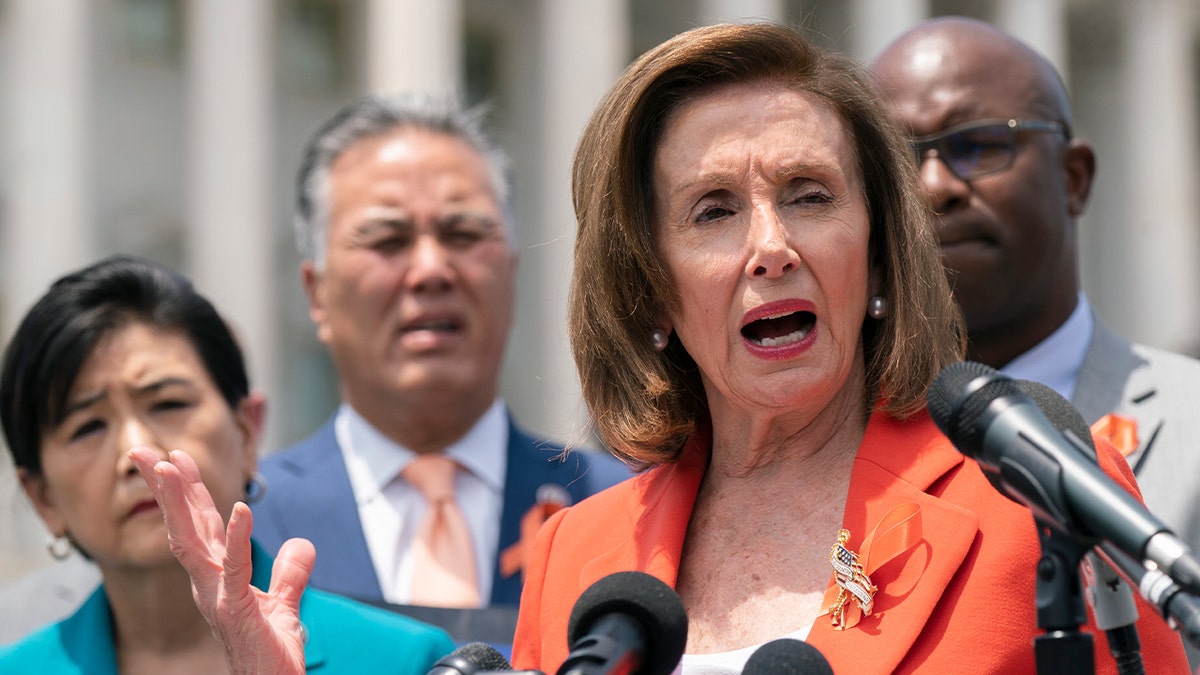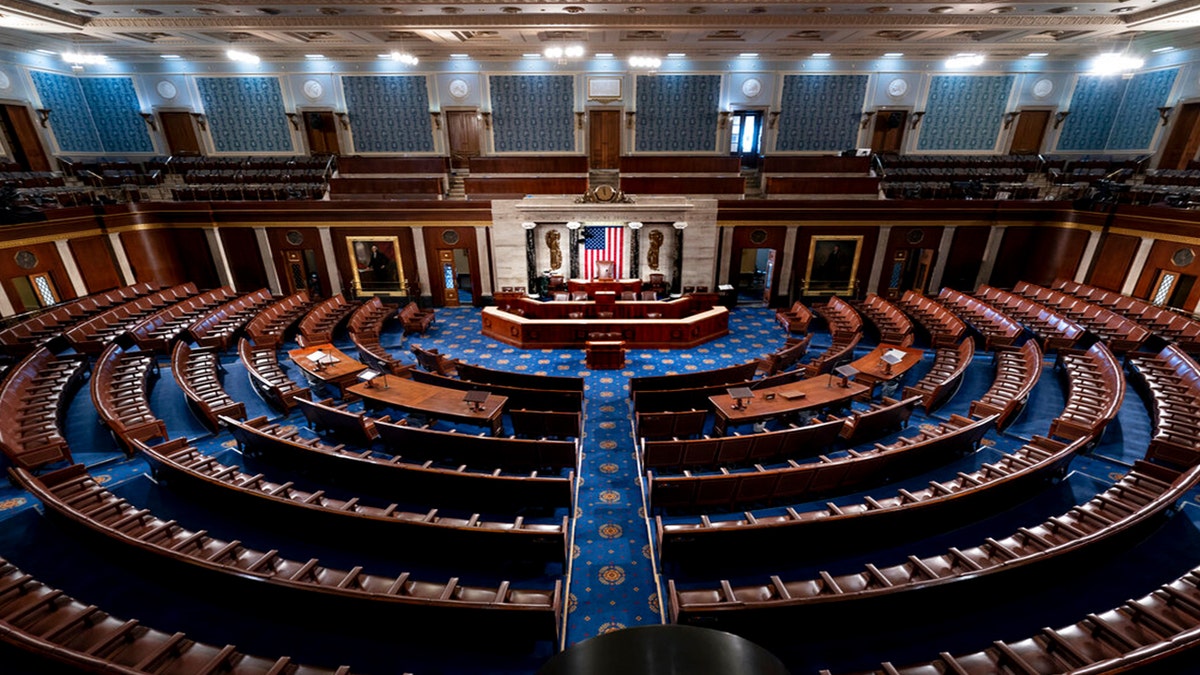Inflation is a huge problem: Rep Hoyer
House Majority Leader Steny Hoyer weighs in on coal, record-setting inflation, the current and future states of the U.S. economy and President Biden on ‘Your World.’
I have had the rare privilege of providing expert testimony at hearings in the U.S. House and Senate. Over a year ago, I warned representatives on the House Committee on Oversight and Reform about the inflationary effects of reckless government spending and the proposed Green New Deal. A few of the Democrats attending the hearing listened attentively, but others outright dismissed my warnings as partisan theater (Rep. Ocasio-Cortez, D-NY, remarked in response to my warning "[A]nother day, another line about Green New Deal hysteria")
I of course was not alone in issuing these warnings because the likely outcome of the spending and energy policies enacted and proposed by the current Congress and President Joe Biden were obvious. Larry Summers, treasury secretary under President Bill Clinton, and someone President Barack Obama considered as a possible Federal Reserve chair, warned that Biden’s $2 Trillion spending plan would have dire consequences.
I am a man of modest intellect who has been blessed with an outstanding education. As a part of that education, I learned the law of supply and demand. If the demand for a good is higher than the supply of that good the price will rise. Democrats borrowed money and gave it to consumers who weren’t working (producing) and so demand for goods grew faster than production of goods. At the same time, Democrats implemented policies that intentionally limited the supply of oil and gas when the demand for oil and gas was as high as it’s ever been. High demand across an economy with low supply across an economy leads to higher prices.
INFLATION WILL SOON BE HIGHER THAN BIDEN'S APPROVAL RATING: SOUTH DAKOTA GOV. NOEM
The effect on Americans, particularly poor and working-class Americans, is devastating. Over $5,000 per household, over 25% of the buying power for a poor household of 3, has evaporated and there is no end in sight.

House Speaker Nancy Pelosi of Calif., together with other Democratic leaders, speaks during a news conference on Capitol Hill in Washington, Wednesday, June 8, 2022. (AP Photo/Manuel Balce Ceneta)
The political math for how we got here is even easier than the economics. Government spending buys votes. Congress is incentivized to spend as much as it can borrow and then kind of just hope for the best, even in the face of warnings from important folks like Summers and well-meaning though less important folks like me.
We can change that today.
Across the government there are benefits tied (in a positive direction) to inflation through the consumer price index so that Americans are not punished for inflation. I propose we tie congressional salary (in a negative way) to inflation for the express purpose of punishing Congress for reckless economic policy. The process is more straightforward than one would think.
The Federal Reserve has not established a formal inflation target, but their view is that an acceptable inflation rate is 2% or a little below it. For the entire year following a recorded inflation rate above 2%, salaries for members of Congress should be adjusted for the following year to mirror the relative impact of inflation on poor and working-class Americans.
A brief example will demonstrate:
Members of the House and Senate currently earn $174,000 per year. Our current inflation rate of 9.1% translates to an impact on a poor family of $5,000 or 25% of that family’s income. Member salary should be adjusted for the remainder of the fiscal year to $130,500 (a 25% pay reduction) so that member circumstances reflect the people’s circumstances and members live with the result of their policies.
Logistically, the change only requires that the Treasury Department determine if the first quarter rate of inflation is above 2%, if so, how much, and what the effect is on poor American families, all information that Treasury currently collects. Congress is already subject to automatic pay adjustments, and Congress was originally paid on a per diem, so the logistics here are manageable by comparison.
"But Shay" you may ask, "what about the Members of Congress who don’t support reckless policies, should they be punished?" My answer is that those members need to do a better job of convincing, opposing, or cooperating with the majority to produce rational economic policy.

The chamber of the House of Representatives is seen at the Capitol in Washington, Feb. 28, 2022. The site of so much overspending. (AP Photo/J. Scott Applewhite, File)
CLICK HERE TO SIGN UP FOR OUR OPINION NEWSLETTER
"But Shay" you may ask, "wouldn’t EU styled spending caps, or a Balanced Budget Amendment do a better job of getting spending under control?" I would respond that while a spending cap (say, as a percentage of GDP) could help, it can’t combat damaging regulatory policies that undermine American energy production. (The Green New Deal is much more a regulatory disaster than a spending disaster.) It can’t stop policies that send prices sky-high and send our leaders to beg foreign "frenemy" nations to increase their fossil fuel production.
CLICK HERE TO GET THE FOX NEWS APP
A Balanced Budget Amendment on the other hand, requires a change to the U.S. Constitution that is very politically difficult and still does not address the inflation drivers beyond spending.
There are two things we know; first, not every poor person can vote, and two, no politician wants to be poor. So, whatever the mechanism, our ruling class must be required to live in the real world, the world they are shaping every day on Capitol Hill.











































